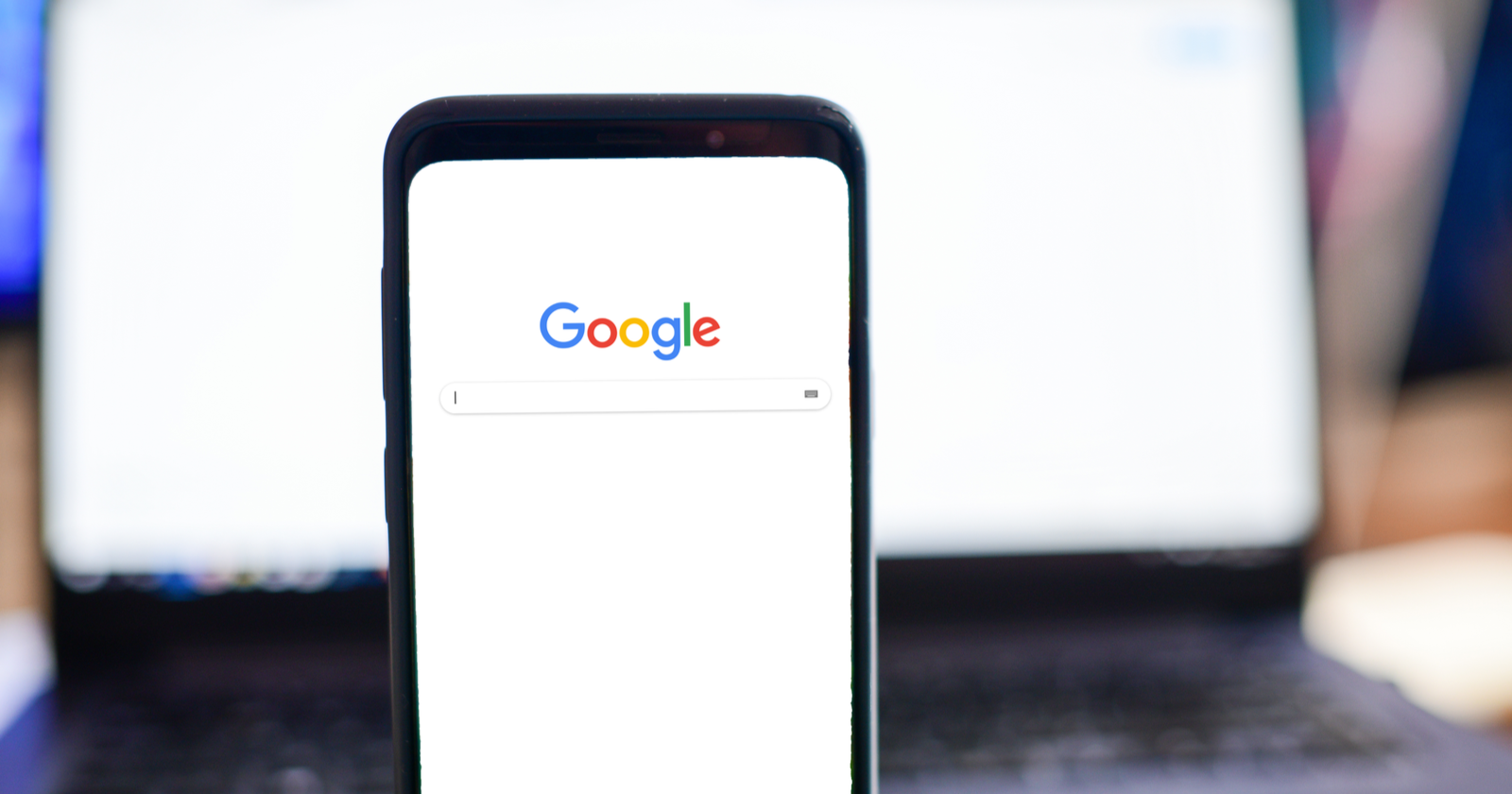
It’s been a busy few weeks for Google Ads and their policy updates. Today, two more are added to the list: account pausing for violations and additions to their Misrepresentation policy.
Account Pausing Due to Violation
The statement is somewhat vague, and oddly lumped in with an update about the identity verification program. This is curious, given the policy language, which is “we may temporarily pause accounts to conduct investigations if we identify potentially harmful advertiser behavior. Paused accounts cannot run any ads.”
It notes the same action will be taken for accounts that do not complete the identify verification process.
Google has announced the same day that identity verification is rolling out to 4 new countries: Canada, India, Russia and Ukraine.
Misrepresentation Policy
Also announced today are interesting updates to their policies surrounding “misrepresentation.”
Starting in July, there will be a “Clickbait Ads” policy. It will specifically address instances of sensationalized text and imagery that’s forces the viewer to click on the ad in order to understand its context. Ads participating in that type of behavior will not be allowed to run.
What does this mean, exactly? Here is how Google defines these types of ads:
Clickbait text and imagery:
- Claims of secret or scandal revelations
- Language that implies the click will give context (i.e. “click here to find out” or other similar phrases)
- Imagery featuring altered body parts, mugshots and disaster photos
- Before and after imagery of the human body
Negative life events to evoke emotion that causes action:
- Events can include things like accidents, illnesses, bankruptcy, arrests, etc
- Ads using imagery to provoke fear or shock
Google does not provide specifics on how these items will be identified, whether by AI or human.
Who Will This Affect?
Quite a few industries, especially those that sell to solve the types of problems outlined above. Law firms, bail bonds, diet pills, exercise equipment, and many others may be relying on messaging that will now violate these rules.
Some of these are crossovers with Facebook ad violations, so in those instances advertisers may be ready with alternate creative messaging already.
For those who are not, they have only a few weeks to figure out alternative creative treatments.
What’s With All the Policy Updates?
While there’s been no formal statement or lawsuit that would seem to point to all these policy updates, it’s hard to ignore how many there have been.
Just last week, Google followed suit with Facebook’s previous mandate about targeting capabilities for housing, credit, and employment advertisers.
Google also recently announced a business identify verification requirement, so all advertisers will need to submit identity proof. That verification time was shortened less than a month ago.
The environment has been ripe for policy updates with the scramble to address restrictions made with Covid-19. Stories are still popping up of ads showing misinformation on platforms, along with recent discovery of Google Ads serving advertiser display creative on sites with untruths.
Some of it also may have to do with Google’s push to try and start dominating more in the TV landscape, and its latest foray into grabbing some of the top of funnel paid social budget that gets eaten by Facebook and Instagram. Facebook has taken its lumps with its privacy and targeting concerns, and no doubt Google has been paying attention.
The latest policy updates cited here are located on their policy updates page.






